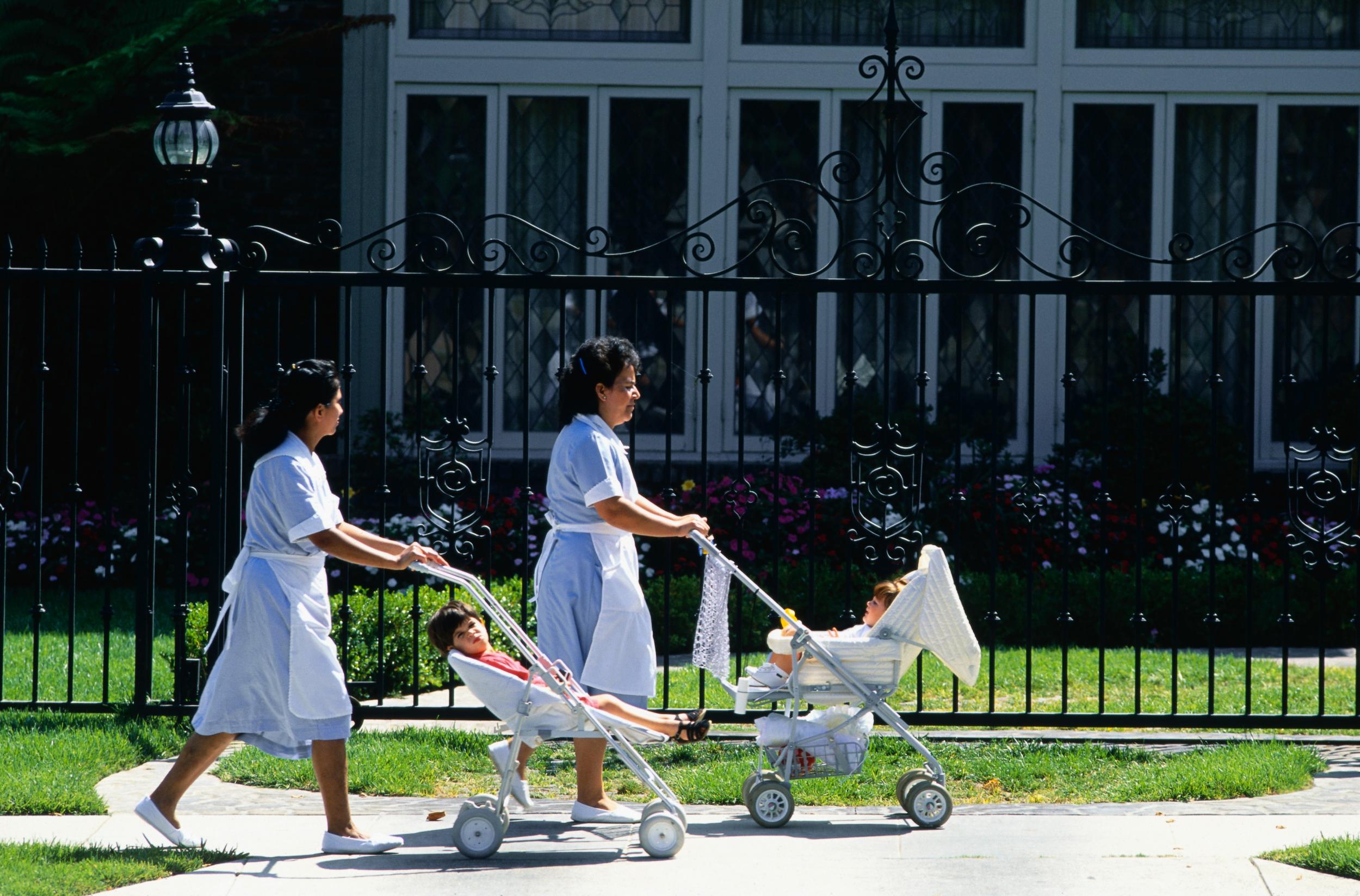What's it like to work as a nanny for the super rich?
Wealthy people tend to look down on their staff, says one experienced nanny

Your support helps us to tell the story
From reproductive rights to climate change to Big Tech, The Independent is on the ground when the story is developing. Whether it's investigating the financials of Elon Musk's pro-Trump PAC or producing our latest documentary, 'The A Word', which shines a light on the American women fighting for reproductive rights, we know how important it is to parse out the facts from the messaging.
At such a critical moment in US history, we need reporters on the ground. Your donation allows us to keep sending journalists to speak to both sides of the story.
The Independent is trusted by Americans across the entire political spectrum. And unlike many other quality news outlets, we choose not to lock Americans out of our reporting and analysis with paywalls. We believe quality journalism should be available to everyone, paid for by those who can afford it.
Your support makes all the difference.Wendy Humphrey is used to rubbing shoulders with the rich and famous in their Belgravia mansions, but she can still feel out of place working as their family nanny. "People with a lot of money do try to treat you like a skivvy. They think they're at a level where they're above everyone else, and money doesn't put you there. People are people."
But high-profile families can also be "nice and very normal", including clients such as Ringo Starr's daughter. When she met the Beatle she wasn't star-struck at all.
"He was very down to earth. Had it been Bradley Cooper, I might have fallen over."
The mum of two has worked as a nanny for more than 20 years, and often feels sorry for the children she looks after. "Their parents might have a certain job and the children might say to me: 'I don't want to grow up to do that, because I'll never see my kids'," she says. "Rich parents don't spend the time with their children. They feel that money makes up for it and it doesn't."
Not all the families she works for have parents in full-time employment. It is not unusual to be asked to become a residential 24/7 nanny to families with a stay-at-home mum. "I think a lot of it is money and status. A lot of them may have been brought up with nannies. Especially in London, that's what you do."
When she takes a job with families with high-flying careers, she often works longer hours than the parents to cover them, which can mean 12-hour days at a rate of £10-£15 an hour. And parents can feel resentment when she builds a special bond with their children.
"It's tough, but the parents do choose that way of life. You want to turn around to them and say: 'What do you expect'?"
She loves spending time with children, which is why she became a nanny. "The downside of the job is the parents and the good side is the kids."
Join our commenting forum
Join thought-provoking conversations, follow other Independent readers and see their replies
Comments